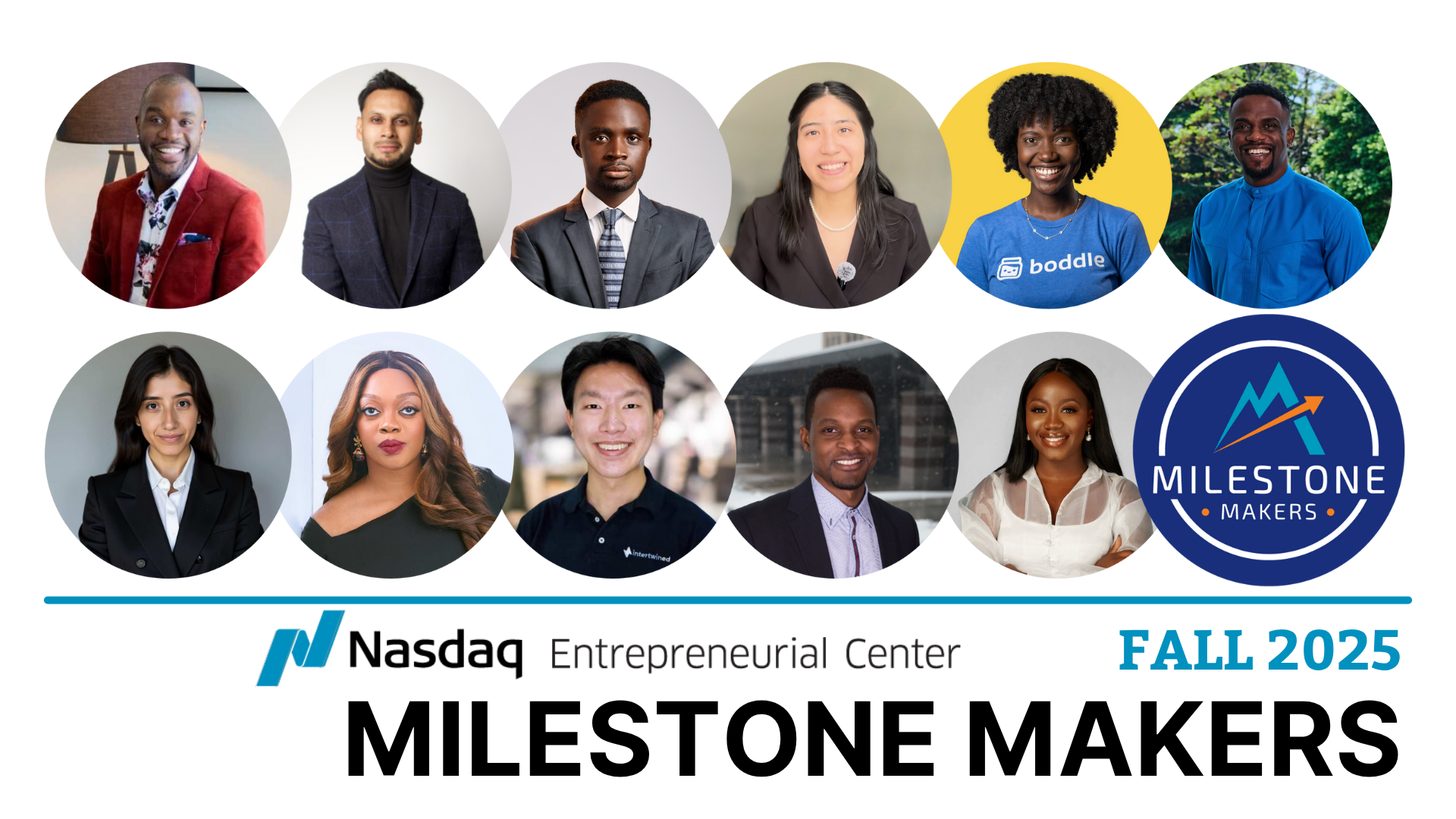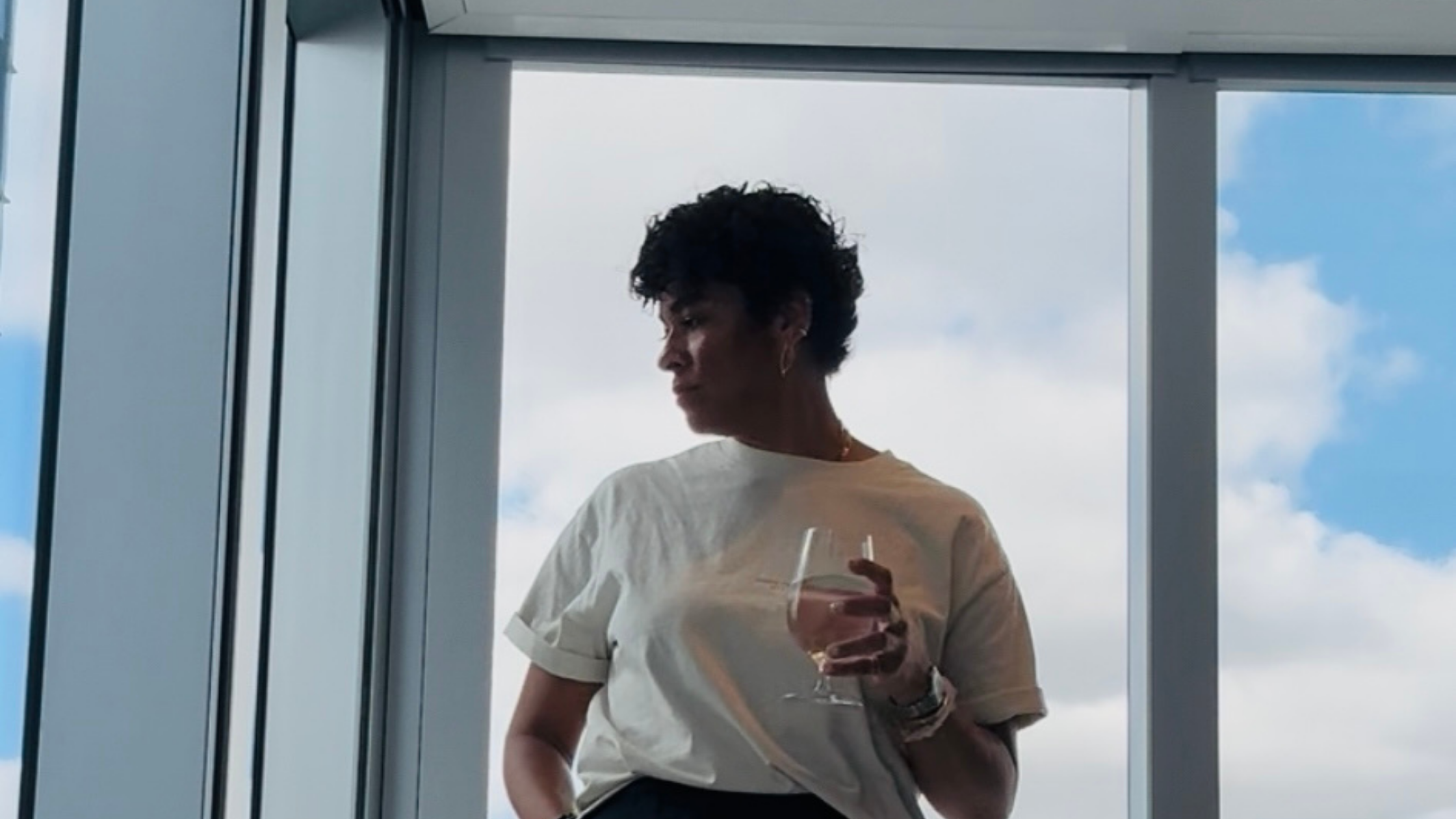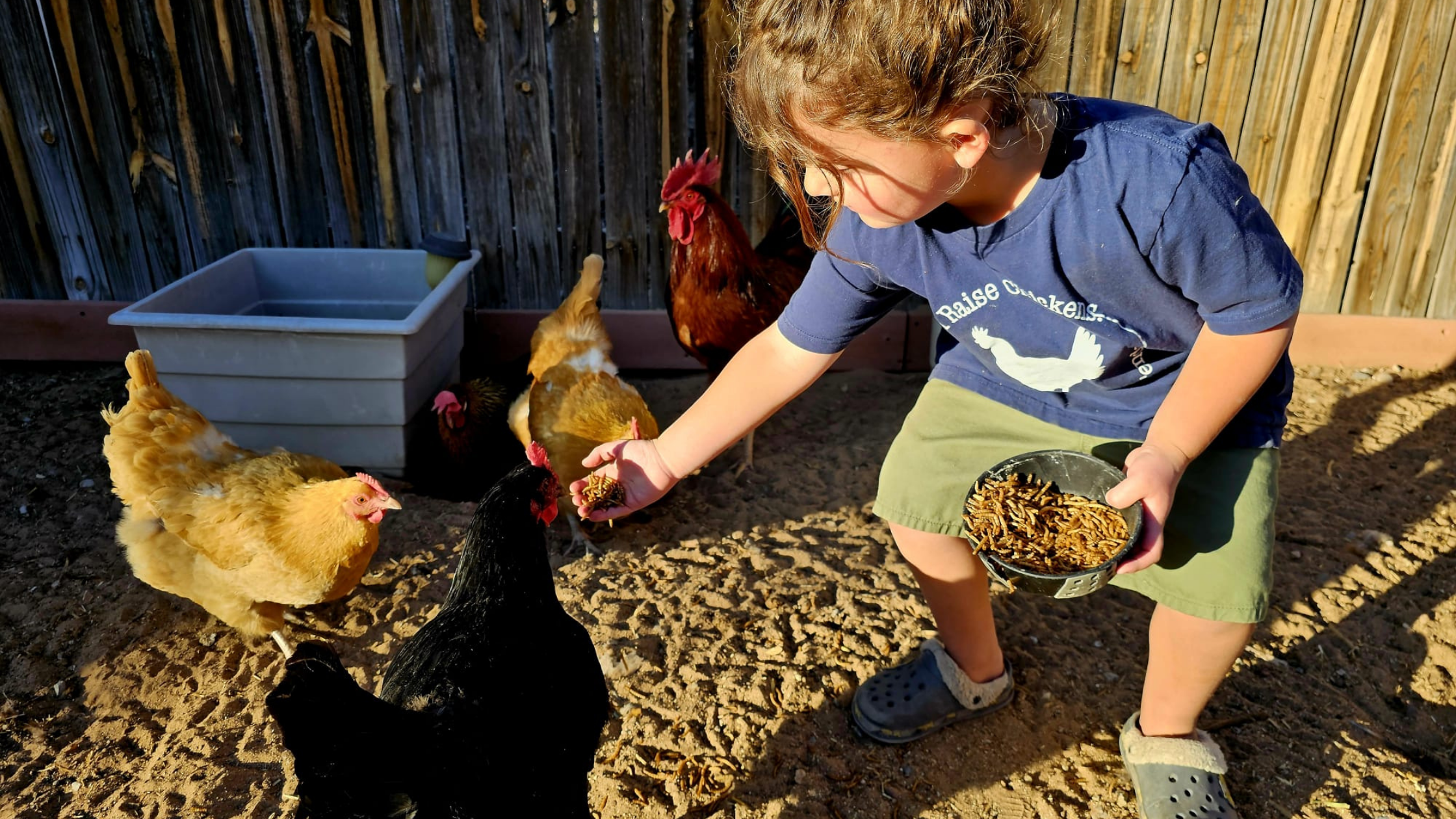Co-founded by Eric Marcotulli and Dan Alminana, Elysium Health focuses on long-term health through natural compounds. Eric Marcotulli, CEO, with experience from Harvard Business School and Sequoia Capital, identified a gap in consumer-facing healthcare innovation. His passion for aging research drives Elysium’s mission to support long-term health. Dan Alminana, COO, brings a strong background in finance and venture capital from Deloitte, Citi Smith Barney, and JP Morgan Securities. His expertise in acquisitions and IPOs has been crucial to Elysium’s growth. Together, they lead Elysium Health in collaborating with top scientists and institutions to develop impactful health products. This Faces of Entrepreneurship interview explores their entrepreneurial journeys, motivations, and future visions for healthcare and longevity science.
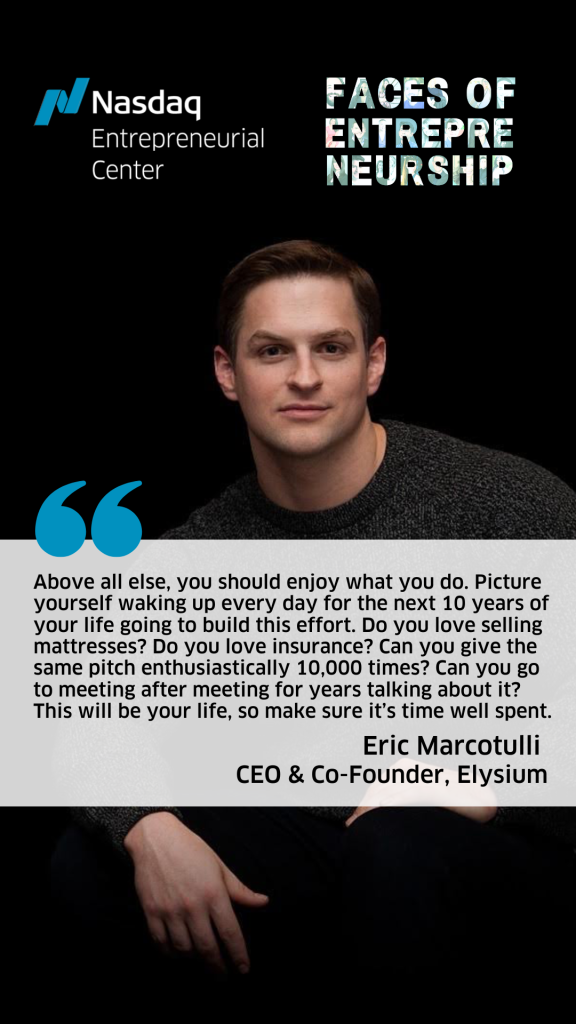 What does “entrepreneurship” mean to you?
What does “entrepreneurship” mean to you?
Eric Marcotulli: Entrepreneurship sits at the intersection of three things: the freedom to pursue your own ideas, the recognition of an unmet need or novel opportunity, and a personal dedication to problem-solving. Regardless of the size or scope of your vision, the market in which you operate, and any number of other variables, these remain core aspects of entrepreneurship.
Tell us about your first experience with entrepreneurship.
EM: My school district’s annual invention contest is the earliest memory I can point to that feels similar to what I do today. I remember being in awe of an older classmate who invented a retractable syringe, to protect nurses and doctors from blood-borne diseases during the height of the HIV and AIDS crisis in the late 1980s and early 1990s. This not only meant safety and peace of mind for practitioners, it enabled more patients to get treatment. It showed me that anyone, even someone young, could impact many people with just an idea.
What is your company’s origin story? What is the biggest reason you started your business? What did those early days look like and teach you?
EM: During business school, I learned about scientists who were not only studying aging, but actually making foundational discoveries related to its root causes. More importantly, they were developing interventions in the form of medications that could slow, stop, or even reverse the process. They struggled, however, with commercializing their findings, as aging is not recognized as a disease by the FDA—so they faced difficult questions: How do we bring these discoveries to market? How do we impact people’s lives? I had an outsider’s perspective that allowed us to create the model underlying Elysium. That is, break from the traditional model of trying to fix a problem (age-related disease) and, instead, focus on preventing it (improving the aging process itself).
What do you wish you knew when you started? Is there anything you would do differently?
EM: There are two things that I learned. The first is that so much comes down to luck. You can work hard, work smart, and make no mistakes, but sometimes that won’t be enough. Every great entrepreneur and company has gotten lucky many, many times over. The second is that a good idea is only a good idea once. After that, everyone can see it, and success will come from execution and operational decisions.
What does “success” look like for you? We’d love to hear your biggest, boldest dream. What do you think will help you achieve it?
EM: Collectively, we have aspired to improve human health and longevity for millennia, and now we are in the early stages of realizing that pursuit for the first time. It is an incredibly exciting time to be in this field. If Elysium can continue to lead the adoption of these technologies by consumers and play a part in the world’s acceptance of longevity science, we will consider our efforts a great success.
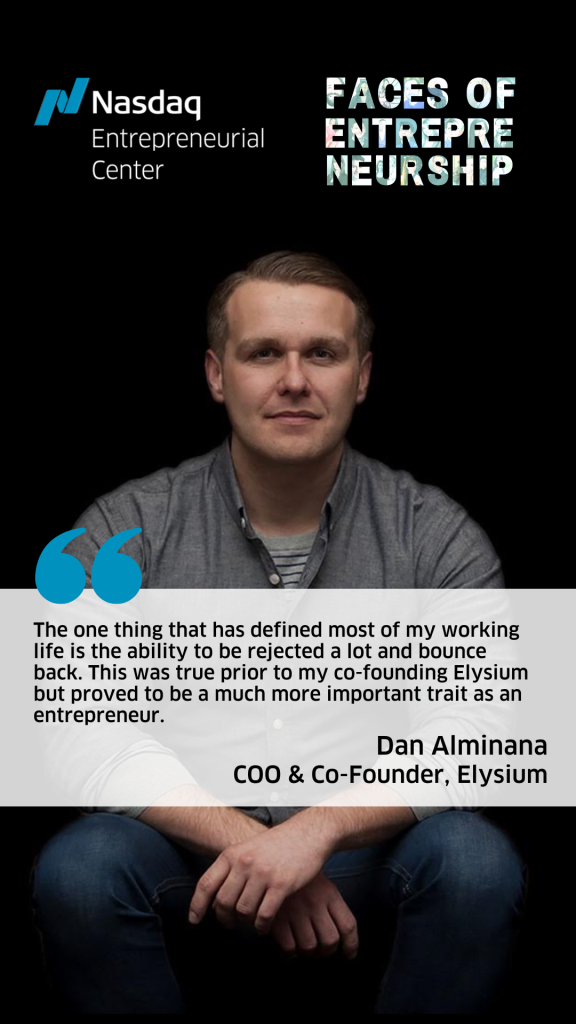 What is your superpower as an entrepreneur? What is your proudest and darkest moment so far? Share a key high and a key low from your journey if you can.
What is your superpower as an entrepreneur? What is your proudest and darkest moment so far? Share a key high and a key low from your journey if you can.
Dan Alminana: I’m not sure if I would call it a superpower, but the one thing that has defined most of my working life is the ability to be rejected a lot and bounce back. This was true prior to my co-founding Elysium but proved to be a much more important trait as an entrepreneur (compared to working in a corporate job). My proudest moment so far was meeting ALS patients in Europe who participated in a trial for one of our pharmaceutical candidates. Hearing about how their lives have changed was one of the most impactful moments of my life. Interestingly, the darkest moment also relates to our ALS work. We were incredibly excited about the data from our pilot study and immediately began seeking funding for a larger clinical trial. We pitched many investors expecting a great response, but none of them were willing to commit to funding. The feedback was that we wouldn’t be able to charge $100,000+ per year for the drug and it didn’t make any sense to invest. We thankfully found a partner and grant funding to get a larger trial off the ground.
What are your personal driving principles, your top values?
DA: Be honest, direct, loyal, always bet on people, and do something with a real purpose.
How have your personal principles and values shaped your company’s values and principles? Give us some examples.
DA: I think everyone at Elysium truly believes in the purpose and mission. It’s the number one reason people join and stay. There are a lot of other great companies that people can work at, but very few, in my opinion, can genuinely impact the health of so many people. Betting on people is something I learned in the first few years at Elysium, as we made some big hiring mistakes that significantly impacted morale at the company. We made a shift in how we evaluate potential new hires, which is now the reason why we can operate this company in a very lean, cohesive manner, with everyone pulling in the same direction.
What’s it like to work alone or with your partners?
EM: I was involved in a number of sports growing up, particularly wrestling, where team performance ultimately rested on each individual athlete to perform at his or her best. Success as a team is very much a sum of the individual parts, and, uniquely, no one person can really change that. From my standpoint, it is a necessary dynamic of founding teams, which need to be small and nimble, to have clearly defined roles, and for everyone to be accountable for their contributions to the company. That said, while everyone’s individual efforts contribute to the overall success of the company, no one person is responsible solely for any given achievement or failure.
What role does mentorship play in your world (as a mentor or mentee)? Tell us about what makes mentorship valuable to you and your business.
DA: Mentorship has always played a big role throughout my career. I have a few key mentors who I consistently speak with about business issues and my personal life. These are individuals who have been helping me for 10-20 years in most cases. My mentors have been through a lot of challenges to get to where they are and having someone to get advice on sensitive and tough topics (or even to just listen) is priceless. Now that I am a bit older, I have a few mentees that I have advised through the years. I hope I can be as helpful to them as my mentors have been to me.
Can you share some insights into the market or industry you operate in? How have you navigated challenges and changes in the market landscape?
DA: The longevity industry is booming right now. When we launched the company in 2015, there was virtually zero interest in the topic of longevity, especially from the investor community. That has all changed and it now seems like everyone is trying to get into the market. We have always operated like a true life sciences company, focused on working with the world’s best researchers and investing in real R&D. Most of the companies that have popped up are small and private, so we have very little insight into who they are and how they operate. We prefer to just keep our heads down and develop impactful, science-backed products.
Have you raised outside capital thus far?
EM: Elysium has raised $75M to date from individual investors (many of whom were our early customers who have a personal interest in longevity), VC funds such as General Catalyst, and strategic investors such as Mayo Clinic. Each brings their own benefits. We have raised our capital over four rounds: seed, series A, series B, and series C.
Where did you meet your investors?
EM: Like in Field of Dreams, if you build it, they will come. It’s nearly impossible not to meet investors in this day and age. There is more capital available now than ever before—with all kinds of creative approaches, resources, and structures to tailor to any given situation. There are team members at these funds, accelerators, and incubators whose sole job is to find you and learn all they can about you. Focus on your work and proving out your model, and they will come.
How has your network helped you raise capital?
EM: Many of our earliest investors were customers, so you could say we did our own networking through product development. We created something that people cared about, and it so happens that early interest in longevity science came from the curious-minded and more risk-tolerant (even risk-seeking) people. They make naturally good investors. They also want to support the efforts that interest them, and nothing is more important than one’s health. From there, our series B lead, General Catalyst, came through a former classmate of mine. And our series C lead was introduced to us by one of our existing investors.
Many entrepreneurs continue to perfect their daily routines to support their work and greater vision; would you mind sharing your morning routine or a regular ritual that grounds your work each day?
DA: I don’t really believe in micromanaging or perfecting my daily routine. Every day is different and, in many cases, requires a different routine. That said, the two things that are a consistent part of my daily routine are dropping my kids off at school and exercising. I have also gotten into the habit of not having meetings for the sake of meeting. Freeing up my calendar has allowed me to focus on the one or two big things that need to get done each day. If anyone on my team needs me, they can call me at any time, and I will answer. Knowing this usually leads to only the most important issues being brought to my attention and creates agency and autonomy for the team.
How do you manage the work-life balance as an entrepreneur? What strategies have you found effective in maintaining your well-being?
DA: Being an entrepreneur means that your personal life and work life are pretty much one in the same. This doesn’t mean you are working all of the time, but when something important comes up, you have to deal with it. This sometimes conflicts with family time, vacations, and special events, but that’s just part of the deal. There are also days when I am the only dad picking his kids up from school, so there can also be a lot of tangible personal benefits. I enjoy these benefits with family/friends, find time for exercise, occasionally enjoy a hobby, and do my best to get good sleep. This combination has worked well for me. It also really helps to believe in what you are working on!
Where do you turn for inspiration?
EM: Living in New York City, it can be difficult to get outside and into nature. So any time I can get to the coasts and see the ocean, or into the mountains for some quiet, I find sources of inspiration all around me. I’m also an avid reader and moviegoer, with a personal preference for classics and science fiction–they are also great at providing moments of inspiration.
Building and sustaining a business often involves overcoming various challenges. Can you share a specific moment where your entrepreneurial resilience was tested, and how did you navigate through it to ensure the sustainability of your business? What lessons did you learn from that experience?
DA: Our resilience was tested immediately after we launched our first product, Basis. We had a manufacturing issue one month after launch where we lost the entire second run of our product. This was a potentially company-ending situation, as we couldn’t afford to pay for another batch and we also couldn’t afford to lose all of the customers who we just onboarded a month earlier. We sent handwritten notes to everyone who purchased, which was very well received. Our manufacturing partner also acknowledged the issue and agreed to fully reimburse us for the lost batch. The lesson learned is that relationships mean everything. We had built a great relationship with our manufacturing partner, which was the main reason they offered to pay for the lost production run. We also earned a lot of goodwill with our customers by sending a more personal note. Many of those first customers are still with us today—almost a decade later.
Do you have a favorite quote, mantra, or words of wisdom to get through the tough days?
EM: “And remember that you are always making up the future as you go.” –xkcd
How do you think about helping others through your work?
EM: Longevity science has the potential to impact just about every major area of human health, so the aperture through which we view possible change is quite large. This includes treating large-scale killers like cancer, cardiovascular disease, and neurodegeneration. That said, the impact of treating all forms of cancer only confers a benefit of several years onto the average person’s life. To make a true impact, we must focus on helping people stay healthy for as long as possible, a concept known as improving healthspan. If we can successfully engage people in their 20s, 30s, and 40s to become healthier through these aging discoveries, it will have an immense impact over lifetimes.
What advice do you have for fellow (and aspiring) entrepreneurs building and leading teams?
EM: Above all else, you should enjoy what you do. Picture yourself waking up every day for the next 10 years of your life going to build this effort. Do you love selling mattresses? Do you love insurance? Can you give the same pitch enthusiastically 10,000 times? Can you go to meeting after meeting for years talking about it? This will be your life, so make sure it’s time well spent.
What kind of an entrepreneur do you want to be known as – as in, what do you want your legacy to be?
DA: It’s a good question, but I haven’t really spent a lot of time thinking about my personal legacy as an entrepreneur. If we achieve our mission of giving people the most impactful products that address key areas of aging, we have a real chance of improving the health of the world–it would be incredibly gratifying to be a part of that story.
Do you have someone you’d like to nominate to be profiled in our Faces of Entrepreneurship series? Please let us know by emailing media@thecenter.nasdaq.org or submitting your nomination using this form.

